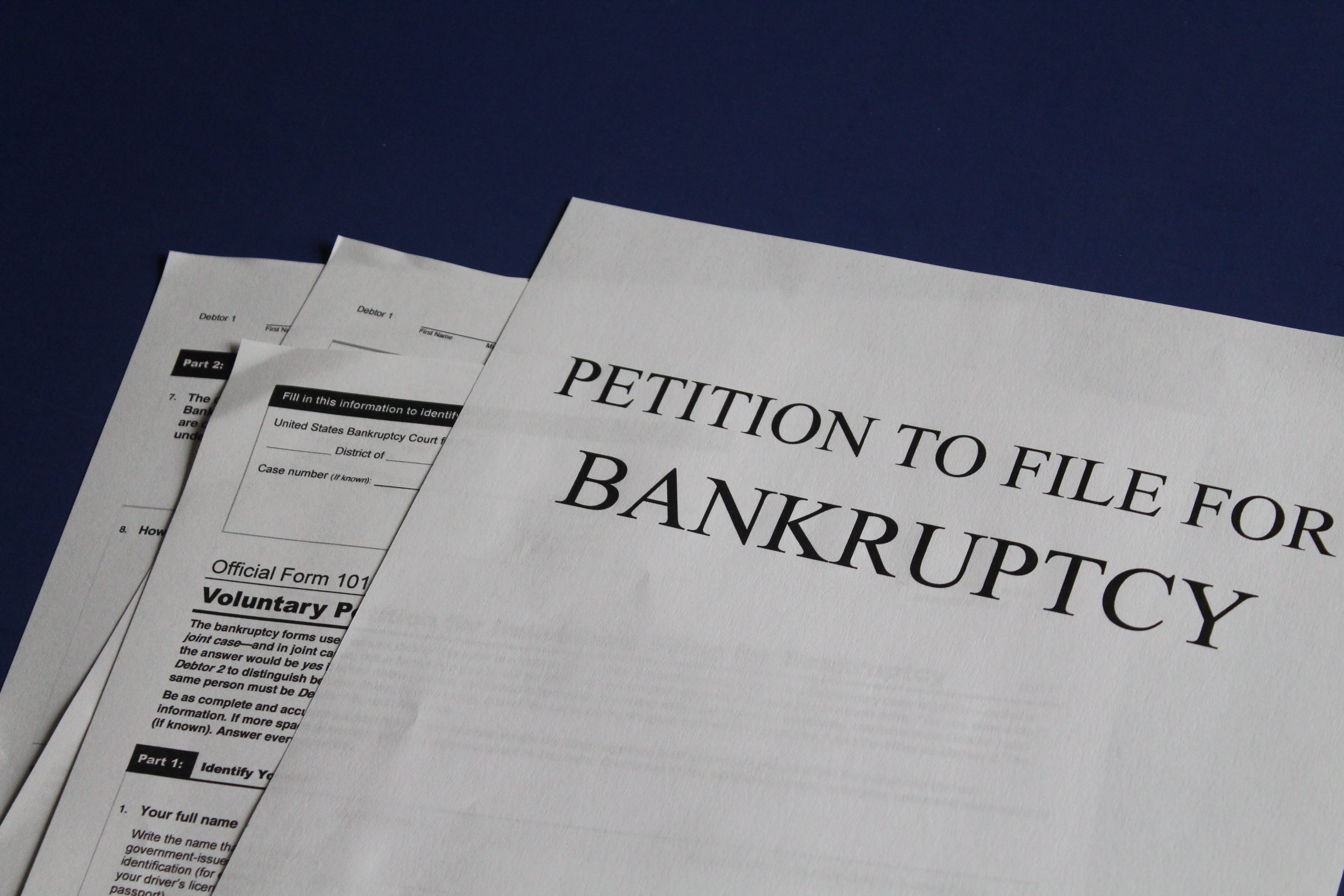Bankruptcy is something businesses – particularly small ones – dread. However, there are ways of surviving a bankruptcy if it can’t be avoided.
Startup companies are one of the most predisposed to fail, thus ending in bankruptcy. According to research, nine in ten startups fail. If we study this percentage according to the company’s industry, the lowest percentage of startup bankruptcies are in the more mature industries, such as real estate, education, and agriculture. At the other pole, there are newer industries, such as the technology industry, for example.
If you are an entrepreneur, the founder or the CEO of a startup company, you might’ve run into situations where bankruptcy was just around the corner. If you passed them and managed to stay afloat congratulations! If not, here are 7 ways you can avoid your next startups’ bankruptcy.
Talk to Your Creditors
Bankruptcy is characterized by a person’s or, in our case, a company’s inability to pay its debts, to honor its debt contracts. That’s why, when you feel close to this, you should first talk to your creditors.
No company wants to throw tons of money on lawsuits which will not help them recover their debt. There’s a chance that your assets might not cover your entire debt, thus your creditors will lose money.
If you get to talk to them, you might find easier ways of going through these rough times, such as payment rescheduling, for example. They might extend your loan period from 5 to 10 years, thus you will end up with smaller monthly payments.
Overdrafts
If your debts are way above your head, overdrafts will not be your possible lifeline. But, if your company encounters small increases in expenditures and your income is not directly proportionate to them, you might find overdrafts very useful.
Dana Green, CFO at Assignment Masters, adds “Basically, when contracting an overdraft, the bank gives you a decent sum of money which is always in your bank account. If you don’t use it, it will cost you nothing. If you use it, you will pay interest on the sum of money you’ve used.
For example, if you have a $1,000 overdraft and you spent $100 and put them back after one week. You will pay interest for the $100 you’ve used for the week.”
Angel Investors
An angel investor is a person who has an eye for profitable business ideas, likes taking risks, and has the needed capital to boost a company.

Alex McCain, Presentation Writer at australianwritings.com, emphasizes “If you are looking to get the attention of an angel investor, first, you need to create an outstanding presentation of your company. Its core idea, its use, actual clients, future plans, financial situation, how are you planning to develop the company in the next years.”
Once you finish this presentation about your company, you will need to find some angel investors to pitch your ideas to. You might think this is difficult, but it is not. There are platforms, such as AngelList where angel investors find startup companies to invest in. Find your next angel investor there!
Debt Refinancing
Right, you found no angel investors, the overdraft won’t help you stay afloat, and your creditors aren’t very friendly either. What are you going to do?
“Well, there’s the option to refinance your debt. The first option would be to stick to the evaluation of your assets and extend the credit period. Let’s say you’ve used a $100,000 house as collateral for a 10-year credit which financed your startup. Now, three years after, your company is almost bankrupt and you cannot pay that credit anymore. You could extend its period to 20 or 30 years, thus decreasing your monthly expenditures by almost 60%. This is a serious breath of fresh air.
The second option would be to evaluate your collateral once again. Your house’s value might’ve gone up by 30%. If that’s the case, you could ask for more money from your bank. Then, you could use this money to help your company stay afloat,” Maria Burca, CFO at Australia Writings concludes.
Company Bonds
This option is only available for bigger companies, which are still not listed on any stock exchange but need funds to expand their business or go through rough tides.
Basically, a bond is a loan contract.
A two-year company bond with a 10% interest is translated like this: Someone buys such a bond and invests $1.000. At the end of the contract, the company you own will pay the investor back $1,100. You might get cheaper money, and the client might get better interest rates, compared to the regular bank deposits.
Research Your Company’s Activity and Expenditures
Right, one of the ways we explained above worked, but they won’t get you through the rough tides. Now, you need to make sure that every penny your company spends is well spent. Take a look at every expenditure you have and make sure they are all backed by fully optimized contracts. If you want to keep your company afloat, it’s time to stop throwing money around.
Optimize Your Income and Expenses
Apart from expenses, you should optimize your income, also. Even though a possible bankruptcy is a very stressful situation, don’t let it consume your entire time. You should also look towards the future and look for future collaborations. If you are sinking and you panic, there are 100% chances you will hit the bottom. If you keep on paddling and looking forward, there are great chances you will succeed.
Only one in ten startups succeed, the rest of them will fail. If you are an entrepreneur, chances are you will end up close to a bankruptcy. If you are looking to pass by such difficult situations, take these seven tips into consideration.


Join the conversation!